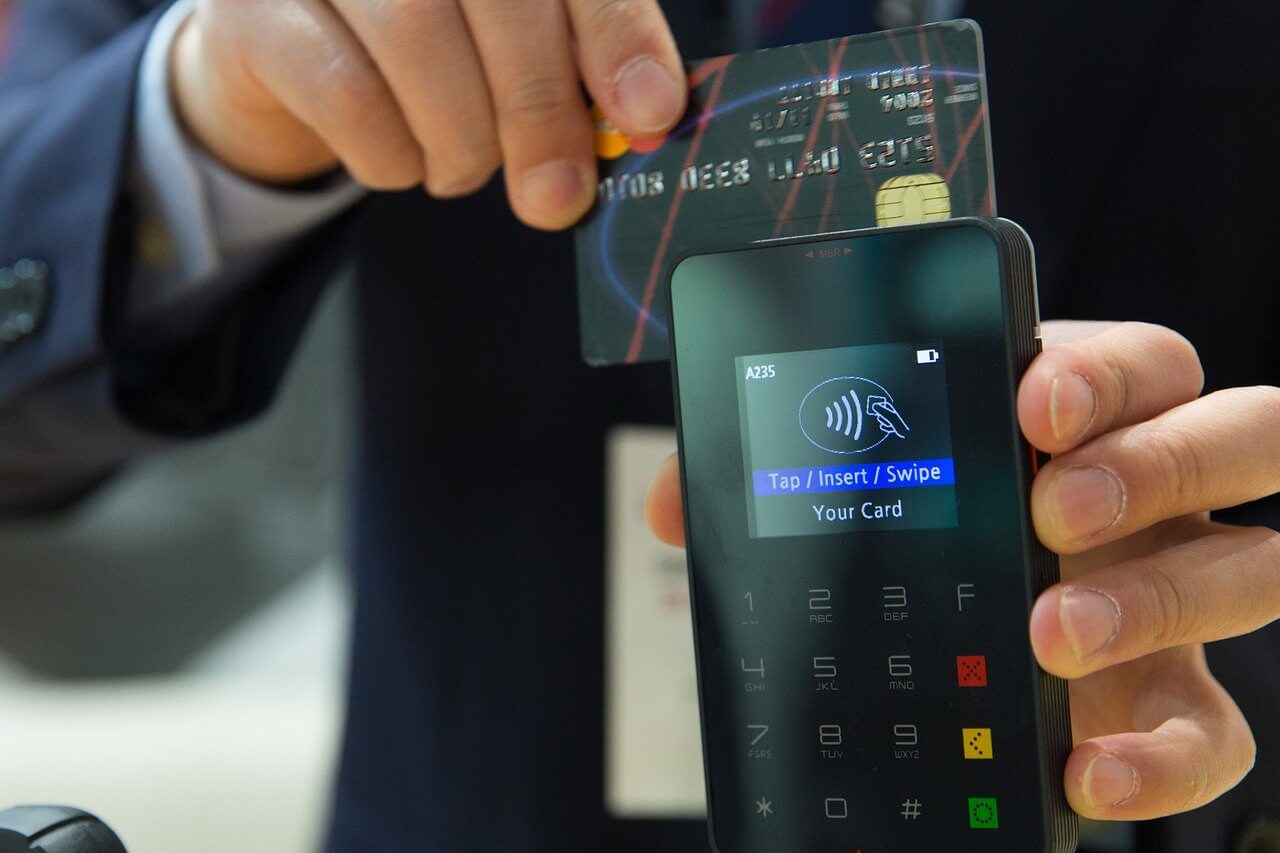Getting a merchant’s account may be the best for you if you are starting up a business. A merchant’s account serves as the ‘middle man’ between the business and customer bank accounts. Here’s what you need to know about the merchant’s account.
What is a Merchant Account?
A merchant account is a special type of bank account issued to an authorized cardholder to permit electronic payments using a debit card or credit card when making transactions. It used in a retail environment such as when buying groceries, telephone purchases, or over-the-telephone ordering. Merchant accounts come in different types according to the size of the business.
A merchant’s account is not similar to a business account. A business account is not necessarily required when you have a business.
Charges Associated with Merchant Account
Merchant’s account fees rely on the type of contract you have with the bank. There is an upfront payment when opening a merchant’s account. Most of the banks also charge a monthly statement fee which depends on how often you use the card for any transaction.
Transaction rates vary from bank to bank, usually between 1.5% and 3.5%. Transactions done online or on the phone have a higher transaction fee compared to physical terminal purchases.
Benefits of Merchant’s Account
· It provides a safe payment option.
· It protects personal information and other sensitive data.
· It prevents fallacious transactions and chargebacks.
Opening a Merchant’s Account
A standard merchant’s account is easy to set up with your bank provided that you have all the required documents. It takes 1 to 2 days to approve a merchant’s account, although it will take longer for high-risk accounts.
Businesses nowadays have gone digital and more business people opt for online transactions than accepting cash. A merchant’s account is imperative should you decide to accept credit and debit cards in your business sales. It is a convenient system to organize your transactions, and a better way to serve your customers.

